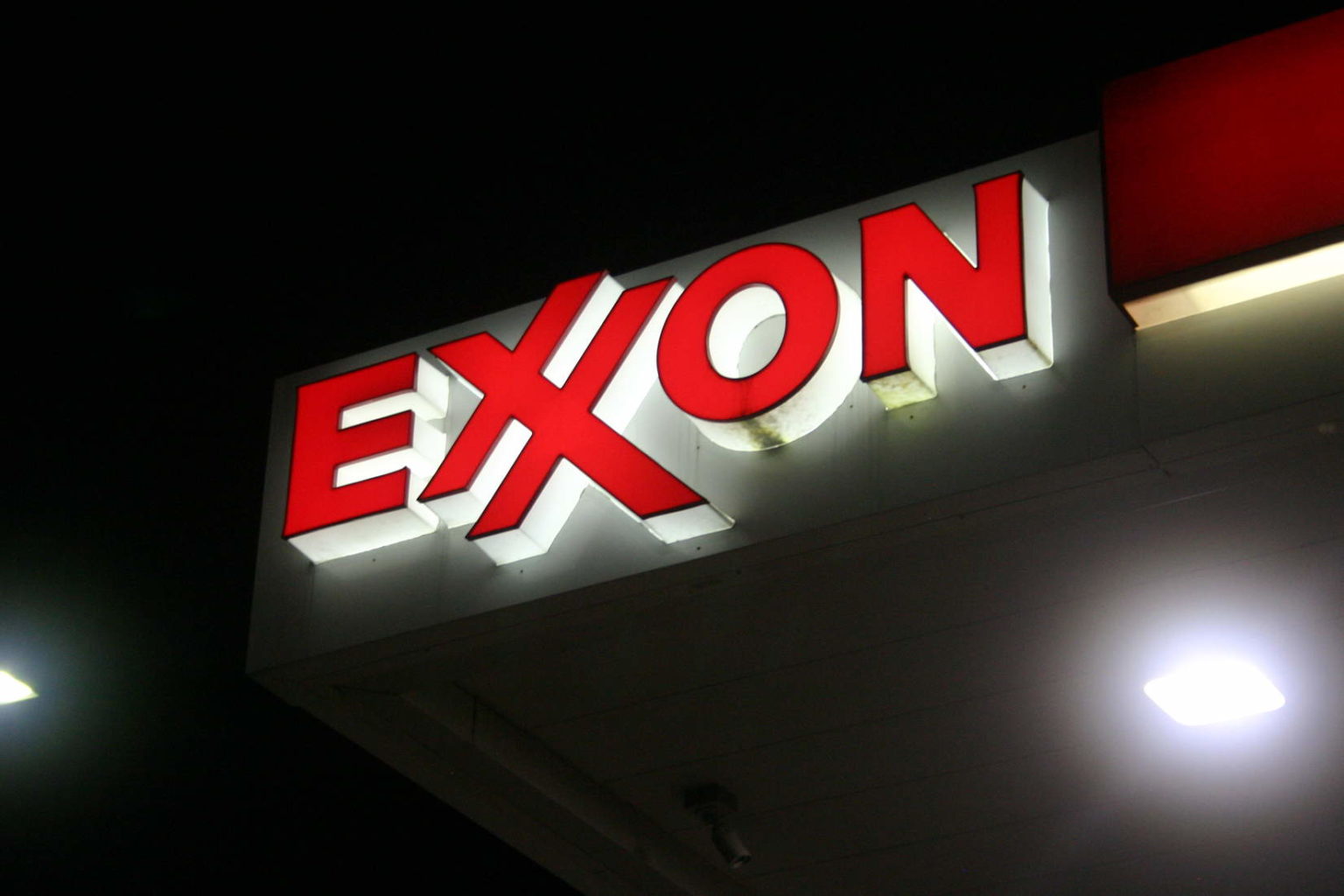This is a guest post by Zorka Milin, Senior Legal Advisor for Global Witness.
The world was recently stunned to see the highest ever recorded concentration of carbon dioxide in our planet’s atmosphere: 415 parts per million, and rising. This figure, the highest in the millions of years that humans have existed, is unthinkably ominous to most of us. Yet it was no surprise for the company responsible for emitting a good share of that CO2: Exxon’s own scientists predicted this grim milestone with eerie accuracy way back in 1982.
If Exxon knew back then, what is the company doing to tackle the growing greenhouse gas emissions that are already causing a climate and extinction crisis? ExxonMobil investors, and the public, deserve to know. The company’s response has been to bury its head in the sand and continue with business as usual. But that is not cutting it, and this week’s annual general meeting (AGM) is a major test, with the company facing a push by some of its investors such as New York state pension fund to oust the entire board.
In the face of climate breakdown, Exxon has inexplicably continued to champion a drill, drill, drill strategy, far outspending other major oil companies on new oil and gas projects, particularly fracking in the U.S. Permian Basin. Exxon leads the pack among its rivals in capital expenditure investments in new oil and gas fields, a staggering $167 billion over the next ten years, according to our analysis. We know that extracting any of this oil and gas is not compatible with avoiding the worst impacts of climate change.
Exxon’s approach to climate change is not only a question of morals or politics, but also a major financial risk for Exxon’s investors. In response to questions from investors about how its business plan can be squared with the Paris climate goals, Exxon’s management opted to swat them away by convincing U.S. regulators to let them omit this proposal from this year’s AGM. They also tried, but failed, to omit another shareholder resolution that calls on them to elevate the climate challenge by setting up a new board committee to tackle it.
Exxon’s competitors are also coming under pressure on climate. Chevron will be facing a shareholder resolution on aligning its business with Paris climate goals at its AGM, also taking place [tomorrow/today]. As a sign of the pressure they can expect to face, more than 99 percent of shareholders backed a similar resolution at BP’s AGM last week.
Certainly Exxon’s European rivals are no saints. Shell and BP’s strategies are still nowhere close to being on course to avoid the worst impacts of climate change, continuing to spend lavishly on new oil and gas finds, $149 billion and $71 billion respectively, over the next decade.
In comparison to this fossil fuel boom, Big Oil’s spending on climate measures is mere window dressing. Exxon has recently pledged $100 million over 10 years to study biofuels and carbon capture technologies. Yet this represents just 1 percent of the company’s research and development budget and is equivalent to less than 0.1 percent of its total investment in oil and gas supply over the same period.
We can only conclude that left to their own devices, oil companies will try and persist with such laughable responses, until we have binding laws to tackle climate risks. And the main reason we still lack binding laws on climate is because they have been opposed by Exxon, which has spent decades funding climate deniers and lobbying against any policy that threatens their business-as-usual approach.
We know about this campaign of obfuscation thanks to the hard work of investigative journalists. We need a full picture of the company’s political spending, including trade associations and other 501(c)(4) or “dark money” organizations. This is the goal of another important shareholder resolution at this year’s AGM — also opposed by the company’s management.
Why is Exxon so afraid of its shareholders’ resolutions on climate, that they put up such a fight to leave them out of the AGM? Even by the low standards of Big Oil, this extremism on climate issues is indefensible, as if from another era. A true American fossil.
Investors and activists have spent long enough trying to change Exxon’s ways. If Exxon’s management and board insist on burying themselves so deep down in the rock, perhaps the only way out is to dislodge them, and try a fresh start.
Global Witness is an international not-for-profit working to expose the environmental and human rights abuses driven by the exploitation of natural resources and corruption in the global political and economic system.
Main image: Exxon sign in Framingham, Massachusetts. Credit: Brian Katt, CC BY–SA 3.0
Subscribe to our newsletter
Stay up to date with DeSmog news and alerts







